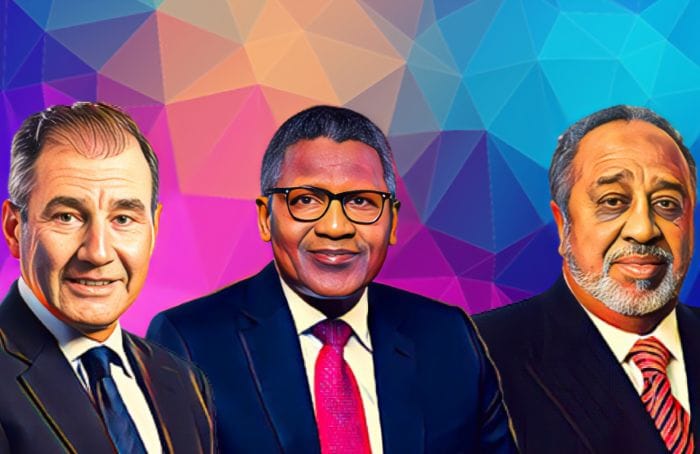Key Points
- Africa’s self-made billionaires emerge from humble beginnings, creating vast fortunes across industries like manufacturing, telecommunications, and agriculture.
- Their contributions redefine local economies and drive industrial growth across the continent.
- These tycoons shape global markets, from energy production to tech innovation, boosting Africa’s economic prominence.
The top 15 richest self-made African billionaires didn’t inherit empires, they built them. Often starting with little more than instinct, persistence, and a deep familiarity with local challenges, these 15 individuals have turned everyday opportunities into extraordinary fortunes. In the process, they’ve redefined what’s possible on a continent too often viewed through the lens of limitation rather than potential.
At the top of the list is Nigeria’s Aliko Dangote, who began by trading sugar and cement and now runs the continent’s largest industrial group. His ventures, from a sprawling cement empire to a $19 billion oil refinery, are not just reshaping Nigeria’s economy, they are making the country less dependent on imports and more capable of meeting its own needs.
Others, like South Africa’s Ivan Glasenberg, cut their teeth in commodity trading pits before rising to steer global giants like Glencore. Glasenberg’s quiet dominance over the global resources trade has made him a defining figure in modern mining, and one of the most influential South Africans of his era.
From Eswatini, Nathan Kirsh made his money supplying cash-and-carry stores in southern Africa, and later, commercial real estate in the U.S. His story is a reminder that knowing how people shop, and how goods move, can be just as valuable as any flashy tech play.
Then there’s Clive Calder, a music executive turned billionaire who helped launch some of the world’s biggest pop stars through his Zomba label. In an industry notorious for chewing up dreamers, Calder built a quiet fortune by staying behind the scenes and owning the rights.
Others in the ranks, like Mike Adenuga, Abdul Samad Rabiu, Michiel Le Roux, and Anas Sefrioui, have earned their places by solving everyday problems on a massive scale: building mobile networks where none existed, expanding access to consumer goods and credit, and providing homes for growing urban populations.
These billionaires are builders of banks and broadband, of cement plants and shopping empires. Some made their money quickly, others over decades. Some are household names, others keep low profiles. But what they share is a belief in the possibility of doing big things in tough environments, and the ability to make those bets pay off.
- Aliko Dangote
Net Worth: $23.6 billion
Nationality: Nigerian
Sector: Manufacturing, Infrastructure, Energy and Diversified Investments
Aliko Dangote, Nigeria’s richest man, built his wealth through Dangote Group, a vast industrial empire spanning cement, sugar, flour, and now oil refining. His 86.81 percent stake in Dangote Cement—Africa’s largest cement producer—remains the backbone of his fortune. But his ambitions stretch far beyond construction materials. In 2024, he launched the Dangote Petrochemical Complex, home to the world’s largest single-train refinery, with a refining capacity of 650,000 barrels per day. The project is set to revolutionize Nigeria’s energy sector, reducing fuel imports and reshaping the country’s balance of trade. His influence extends across banking, infrastructure, and manufacturing, making him a dominant force in Africa’s economic development. Forbes values his net worth at $23.6 billion, but that estimate excludes his stake in the $20 billion Dangote Oil Refinery—suggesting his true fortune is significantly higher.
- Ivan Glasenberg
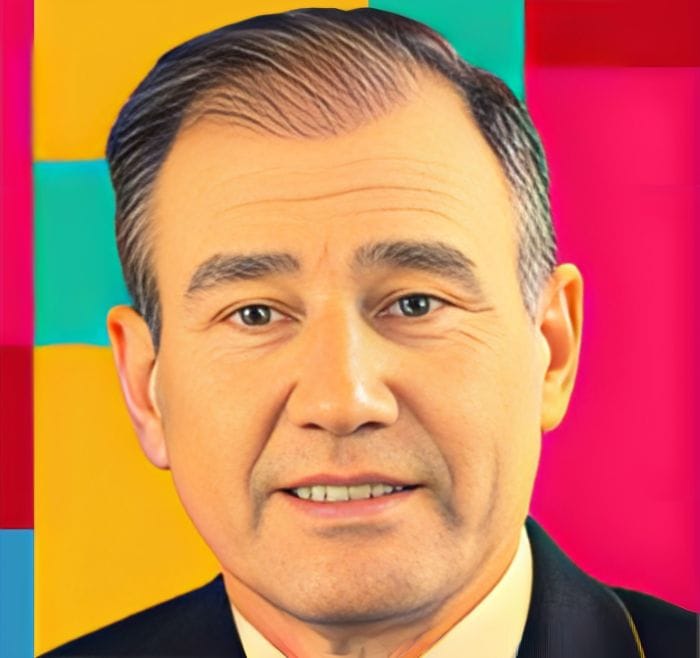
Net Worth: $8.8 billion
Nationality: South African
Sector: Mining and Commodities
A major figure in the global commodities market, Ivan Glasenberg led Glencore to become one of the world’s largest mining and trading companies. Under his leadership, the company expanded its coal and ferroalloy operations in South Africa, reinforcing mining as a key pillar of the national economy. Even after stepping down as CEO, Glasenberg’s wealth remains closely tied to the country’s resource sector, with a continued focus on efficiency and sustainability.
- Mohammed Al-Amoudi
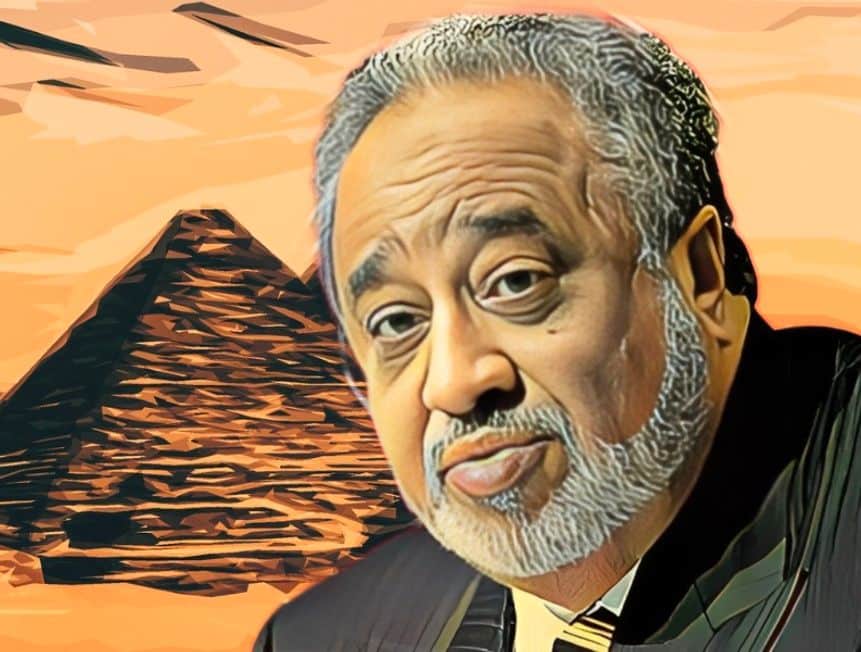
Net Worth: $8.1 billion
Nationality: Ethiopian
Sector: Energy, Real Estate, Agriculture
Mohammed Al-Amoudi is Ethiopia’s richest person and one of Africa’s wealthiest individuals, with a diverse empire spanning energy, real estate, and agriculture. His biggest assets include Preem, Sweden’s largest oil refiner, and Svenska Petroleum, an oil exploration firm. In Saudi Arabia, he controls Naft Services Co., a petroleum distribution company with over 235 gas stations. In Ethiopia, he owns Midroc Gold, the nation’s largest mining company and operator of major gold exploration projects. Al-Amoudi’s widespread influence cements his role as a key economic force across three continents.
- Nathan Kirsh
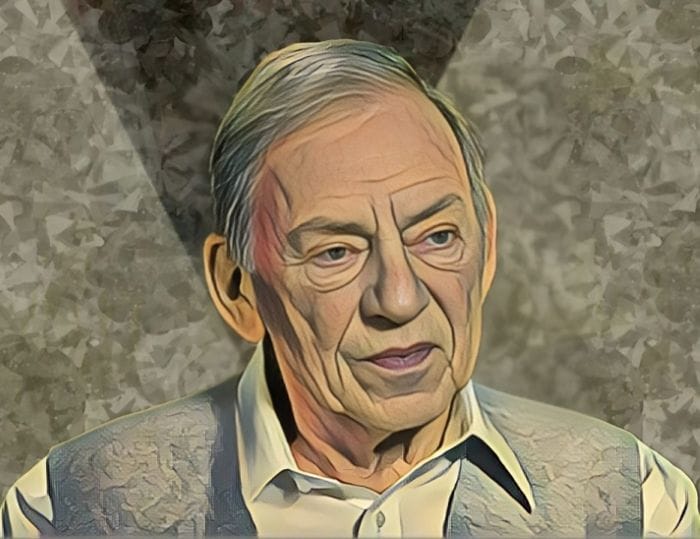
Net Worth: $7.1 billion
Nationality: Swazi (Eswatini)
Sector: Retail and Real Estate
Nathan Kirsh turned a modest inheritance into a global business empire spanning wholesale, property, and logistics. Through Kirsh Group and Jetro Holdings, he commands significant stakes in U.S. cash-and-carry giants Jetro Cash & Carry and Restaurant Depot, as well as a major share in Australia’s Abacus Property Group. His smart real estate bets include London’s Tower 42 and Sydney’s Birkenhead Point. Beyond business, Kirsh is also known for funding thousands of small entrepreneurs across Eswatini, cementing both his wealth and philanthropic legacy.
- Clive Calder
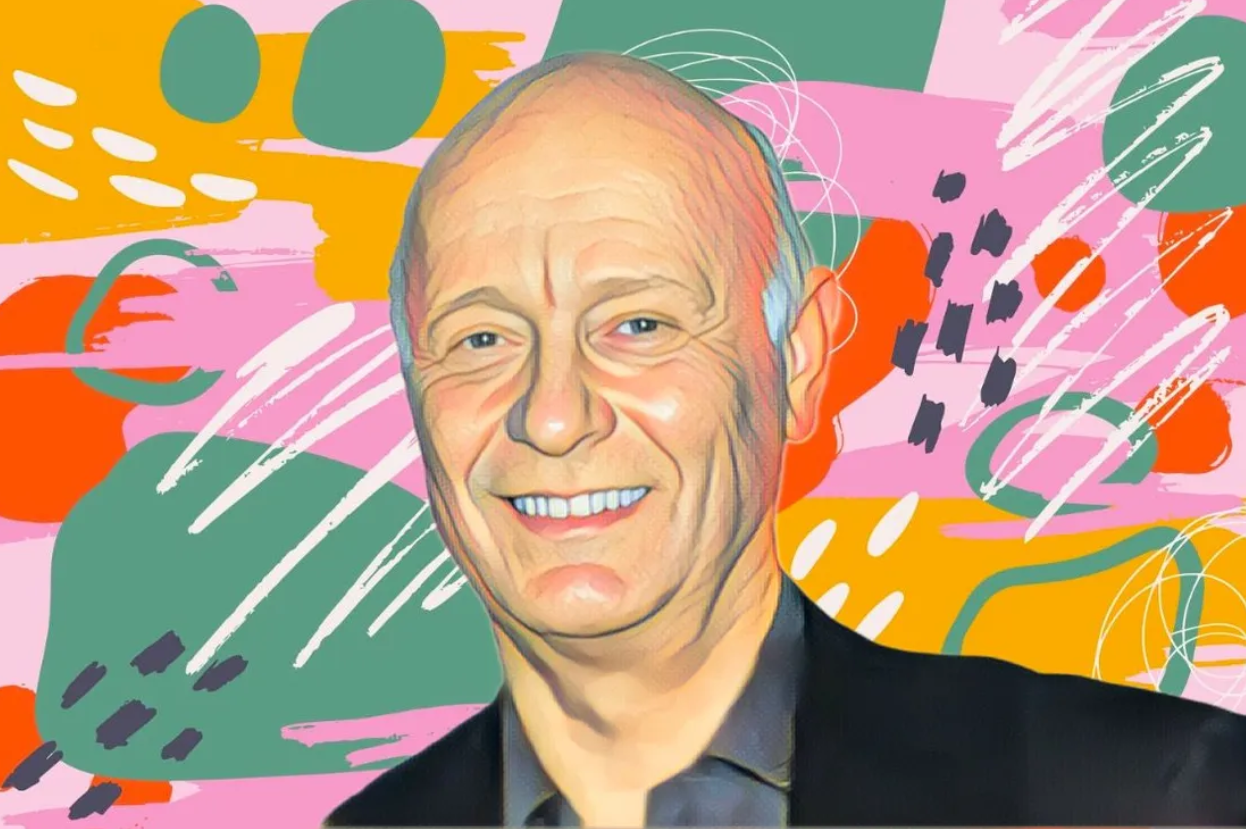
Net Worth: $6.9 billion
Nationality: South African
Sector: Music and Entertainment
Clive Calder transformed the music industry with his label, Zomba Music Group, which helped launch the careers of artists like Britney Spears and NSYNC. Though he relocated to the Cayman Islands, his South African roots remain a key part of his journey. His success continues to inspire the next generation of South African artists and entrepreneurs, while his wealth fuels investments in entertainment and beyond.
- Mike Adenuga

Net Worth: $6.7 billion
Nationality: Nigerian
Sector: Telecommunications, Oil & Gas, Real Estate, Banking, Construction
Mike Adenuga, Nigeria’s second-richest man, made his wealth through a mix of bold moves in telecommunications and oil. He is the founder of Globacom, Nigeria’s second-largest telecom provider, with nearly 60 million subscribers. One of his most significant contributions to the sector is the Glo-1 submarine cable—a $1.5 billion project that connects Nigeria directly to the UK, helping to boost internet access and speed across West Africa. In the energy space, Adenuga owns Conoil Producing, a major indigenous oil company that pumps around 30,000 barrels per day. The company operates six highly promising oil blocks in the Niger Delta and has more than two decades of experience across the upstream oil and gas sector. He also holds a controlling stake in Conoil Plc, one of Nigeria’s top petroleum marketing firms. Beyond oil and telecoms, Adenuga’s investments stretch into real estate, banking, and infrastructure. He owns a stake in Cobble-Stone Properties & Estates, a luxury real estate firm founded by his daughter, and holds an interest in Sterling Financial Holding. He also has a 25.1 percent stake in Julius Berger Nigeria Plc, a major player in construction and infrastructure development—further cementing his wide-ranging influence across Nigeria’s economy.
- Abdul Samad Rabiu
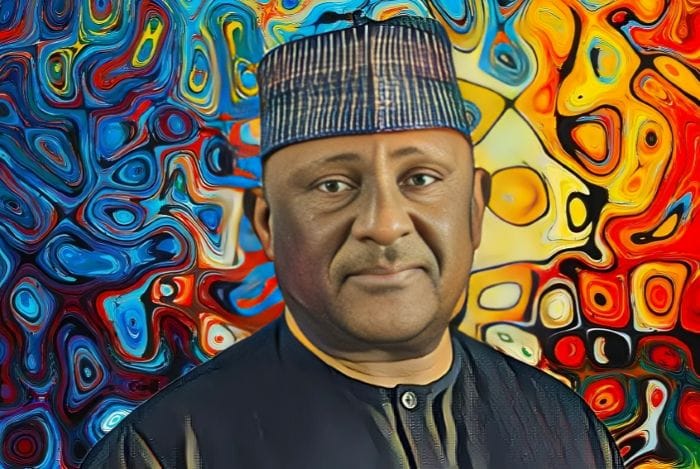
Net Worth: $4.7 billion
Nationality: Nigerian
Sector: Manufacturing, Infrastructure, Mining, and Real Estate
Abdul Samad Rabiu transformed BUA Group into one of Africa’s most formidable industrial conglomerates. His wealth comes from BUA Cement—Nigeria’s second-largest cement producer—and BUA Foods, a powerhouse in the country’s consumer goods sector. In 2020, Rabiu merged his Obu Cement Company with Cement Co. of Northern Nigeria to form BUA Cement Plc, a $2.1 billion giant listed on the Nigerian Exchange. He later took BUA Foods public, further consolidating his influence. His empire extends into ports, mining, steel, and real estate. Beyond business, Rabiu is a major philanthropist. In 2022, he launched Nigeria’s largest private security support fund with a $23.8 million donation and continues to fund education through the ASR Africa initiative.
- Koos Bekker
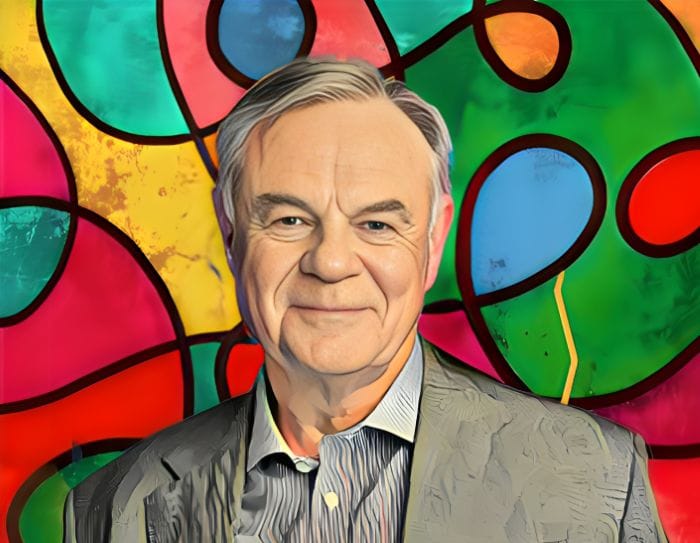
Net Worth: $3.2 billion
Nationality: South African
Sector: Media and Technology
Koos Bekker reshaped South Africa’s media landscape through Naspers, the global tech and media group. His biggest move was investing in Tencent, the Chinese tech giant, a decision that generated massive returns. In South Africa, Naspers owns major platforms like News24 and PayU, playing a key role in digital media and fintech. His influence in the tech industry has positioned the country as a growing hub for innovation.
- Patrice Motsepe
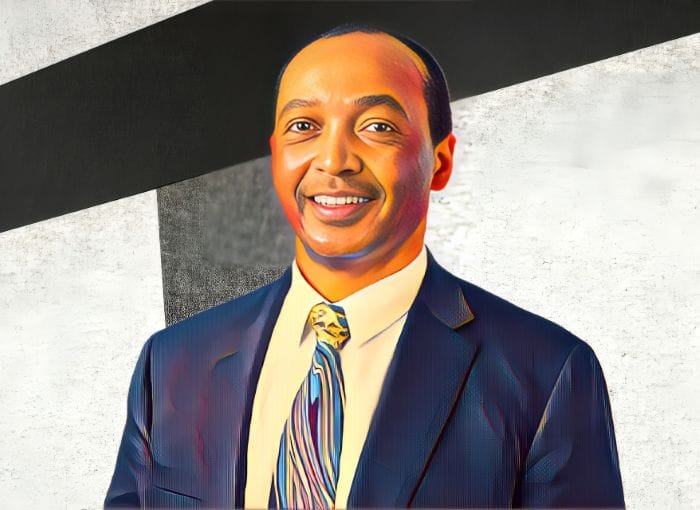
Net Worth: $3 billion
Nationality: South African
Sector: Mining, Investments, and Sports
Patrice Motsepe became Africa’s first Black billionaire in 2008 through African Rainbow Minerals, a company with interests in gold, platinum, and other resources. Over the years, he has steadily expanded his investments beyond mining. Through African Rainbow Capital (ARC), he has ventured into fintech and sustainable energy, reflecting his long-term vision for economic growth. Motsepe also owns Mamelodi Sundowns, one of South Africa’s top football clubs, and has pledged a significant portion of his wealth to philanthropy through the Motsepe Foundation.
- Issad Rebrab
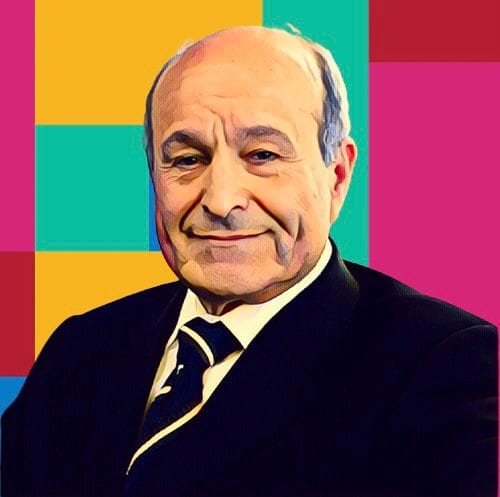
Net Worth: $3 billion
Nationality: Algerian
Sector: Industry and Consumer
Goods Issad Rebrab, Algeria’s richest man, built Cevital Group into one of Africa’s largest private conglomerates. His business empire spans agri-food, automotive, glass manufacturing, and retail. Rebrab’s leadership helped reduce Algeria’s reliance on imports while expanding globally through acquisitions in France, Spain, and Italy. His investments have shaped Algeria’s industrial growth and strengthened its economic footprint across Africa and beyond.
- Adebayo Ogunlesi
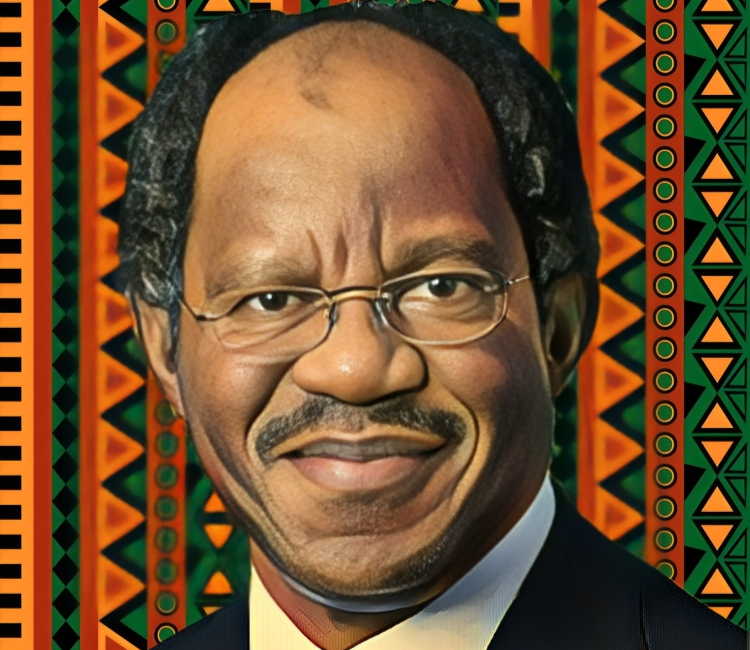
Net Worth: $2.1 billion
Nationality: Nigerian
Sector: Infrastructure, Private Equity
Adebayo Ogunlesi, a Nigerian-born investment banker, made his fortune in infrastructure and private equity. He co-founded Global Infrastructure Partners (GIP), a firm that managed $100 billion in assets before its $12.5-billion acquisition by BlackRock in 2024. Under his leadership, GIP acquired London Gatwick, London City, and Edinburgh airports, along with stakes in ADNOC Gas Pipelines, Tower Vision India, and Atlas Renewable Energy. Ogunlesi also serves on Goldman Sachs’ board as lead director, further cementing his influence in global finance.
- Michiel Le Roux

Net Worth: $2.1 billion
Nationality: South African
Sector: Banking
Michiel Le Roux revolutionized South Africa’s banking industry by co-founding Capitec Bank, which focused on providing affordable and accessible financial services. His innovative model disrupted traditional banking, making financial services available to millions of previously underserved South Africans. Capitec’s success in driving financial inclusion has made it one of the country’s top retail banks, with Le Roux’s wealth reflecting his pivotal role in the sector’s transformation.
- Anas Sefrioui
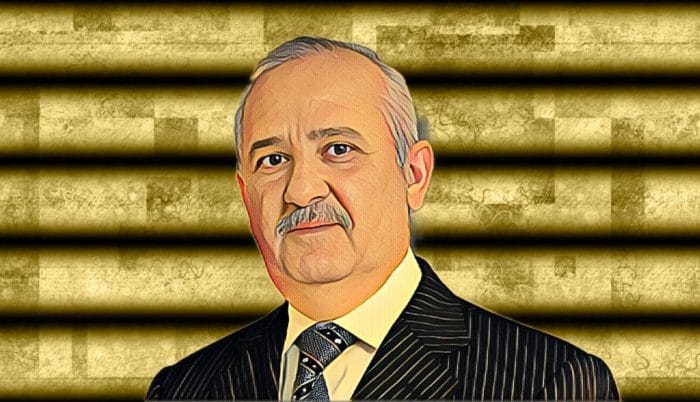
Net Worth: $1.6 billion
Nationality: Moroccan
Sector: Real Estate
Anas Sefrioui made his mark as the founder of Groupe Addoha, Morocco’s leading real estate developer, known for affordable housing projects. After an eight-year absence from the billionaires’ list, Sefrioui returned in 2024 as Morocco’s richest man, thanks to a sharp rise in Addoha’s stock. Beyond Morocco, his firm has expanded into West Africa, including a $27 million IFC-backed housing project in Côte d’Ivoire. The son of a plaster manufacturer, Sefrioui turned local demand for social housing into a billion-dollar fortune.
- Jannie Mouton

Net Worth: $1.5 billion
Nationality: South African
Sector: Banking and Investments
Jannie Mouton turned a personal setback into success when he founded PSG Group after being fired at 48. Under his leadership, the firm built stakes in Capitec Bank, PSG Konsult, Zeder Investments, and Curro Holdings. His strategic focus on banking, agriculture, and private education reshaped South Africa’s financial and investment landscape, cementing his reputation as one of Africa’s most influential dealmakers.
- Christo Wiese
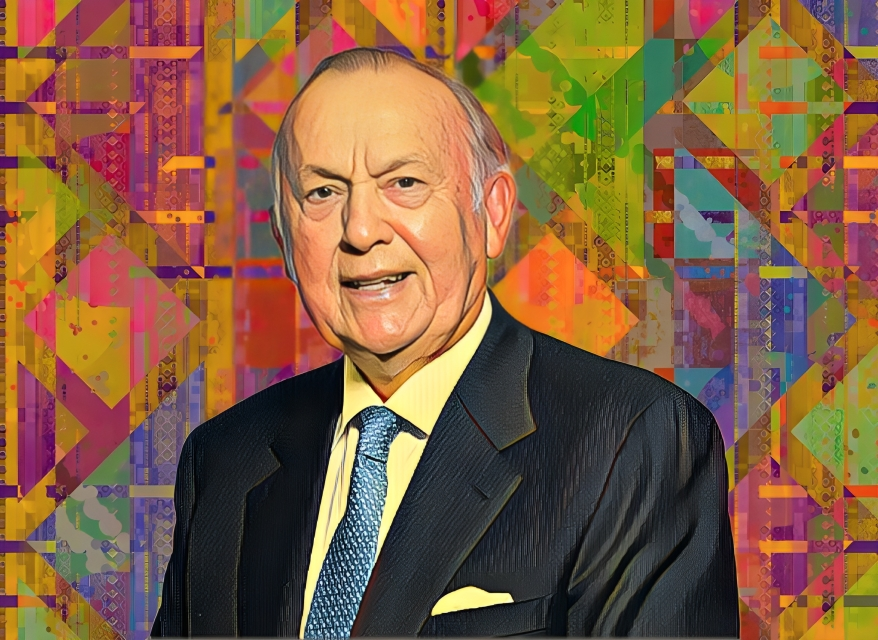
Net Worth: $1.5 billion
Nationality: South African
Sector: Retail
Christo Wiese built his fortune through Pepkor, a retail group known for affordable essentials across Africa. His early investment in Shoprite helped transform it into the continent’s largest supermarket chain. Despite setbacks, Wiese’s business moves reshaped African retail and created thousands of jobs, cementing his status as a key player in the sector.
Crédito: Link de origem


